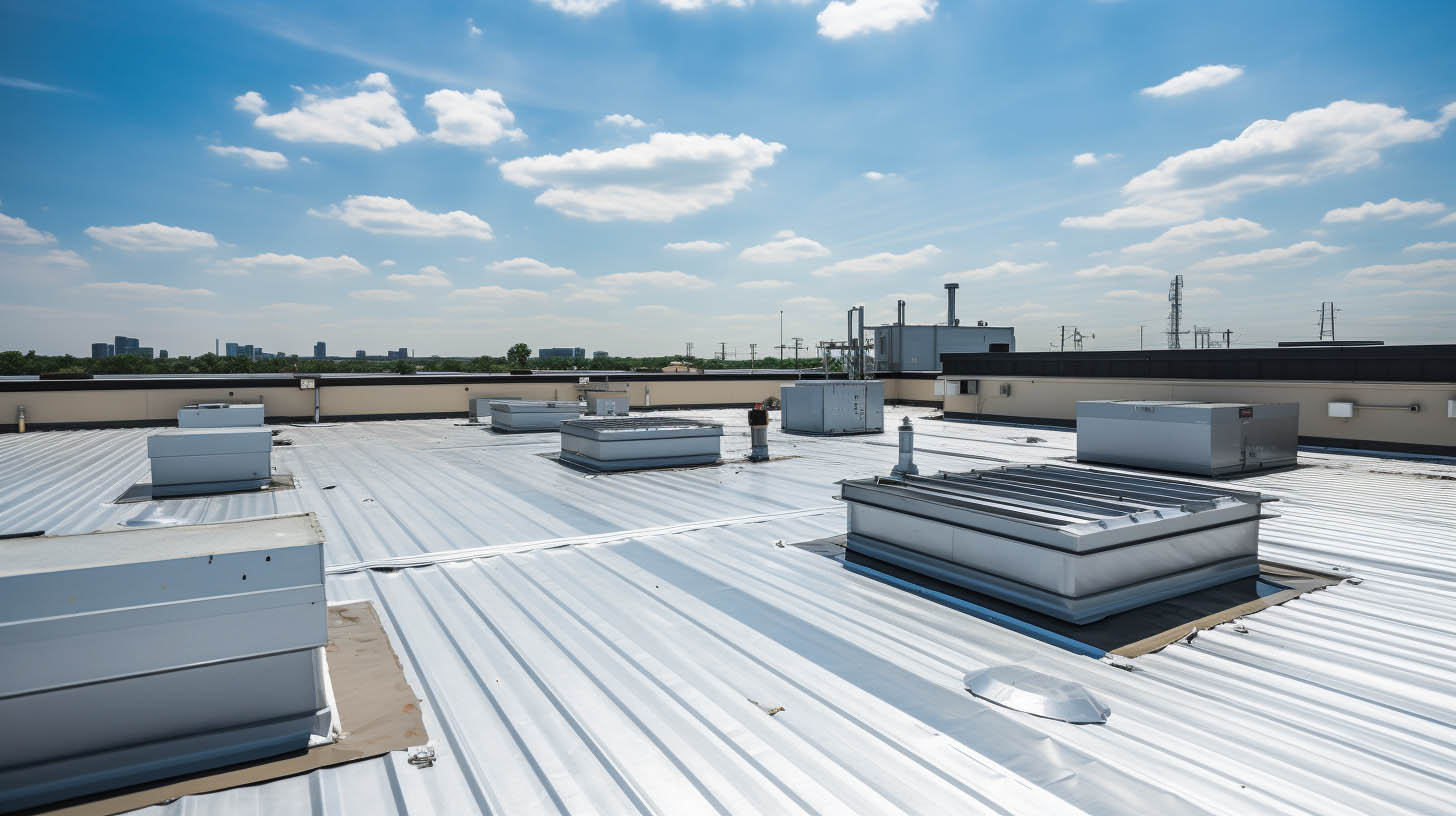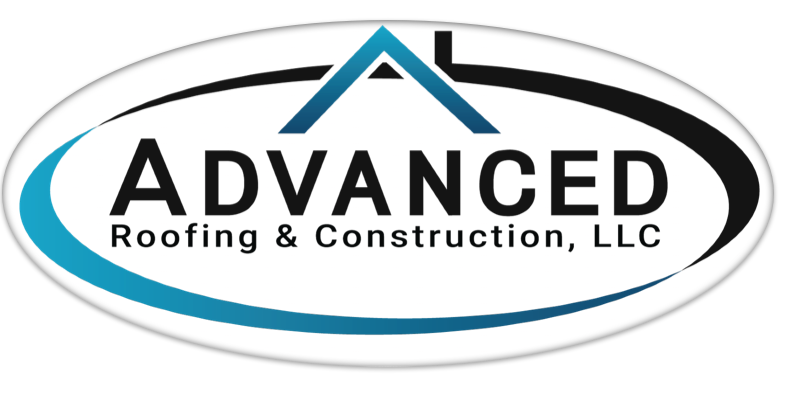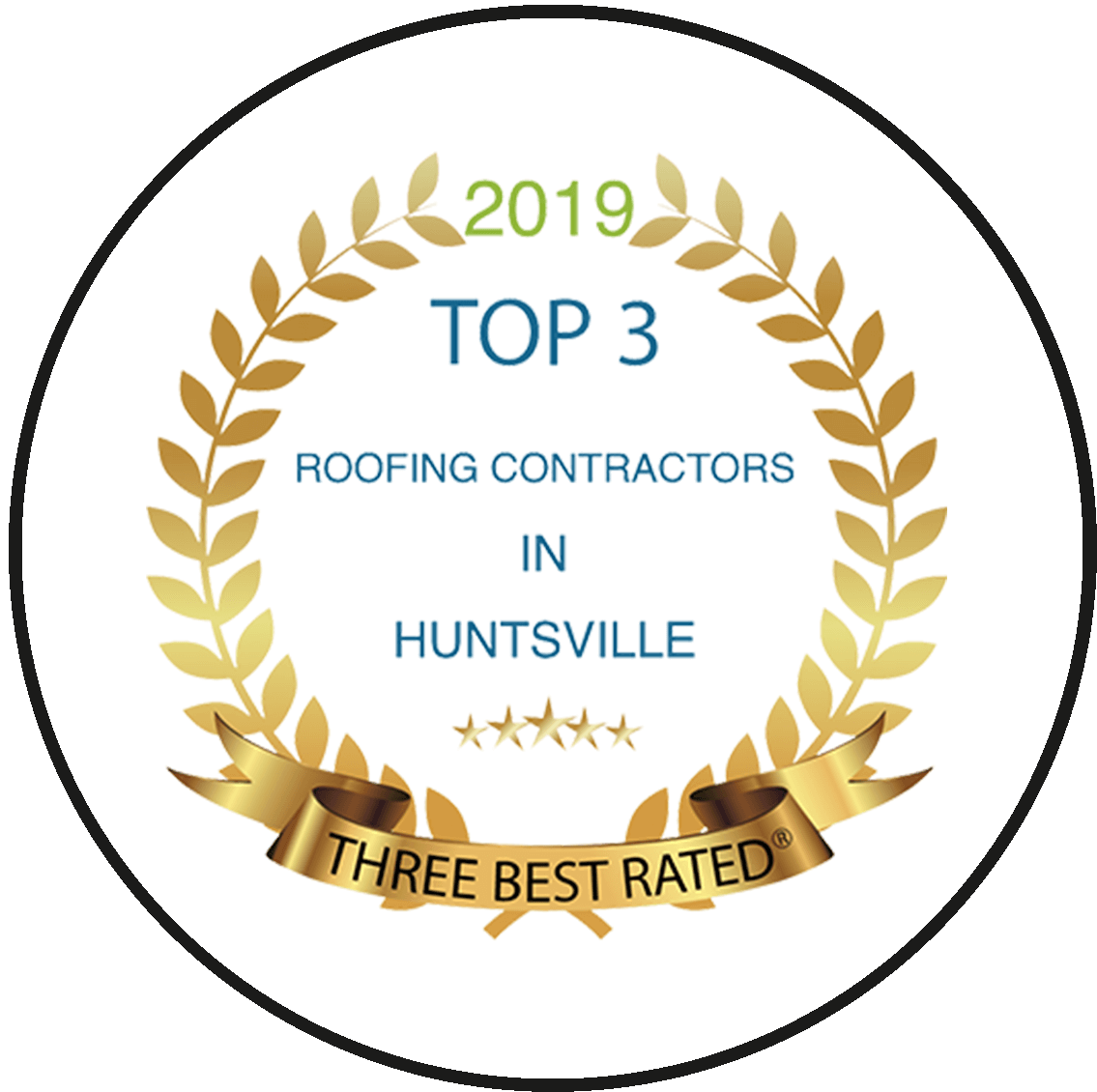
Understanding the Importance of Roof Safety
Roof safety is a critical aspect of construction and maintenance work, involving a set of preventive measures and safety protocols to mitigate risks associated with rooftop activities. This encompasses everything from fall prevention to handling hazardous materials and dealing with extreme weather conditions. Advanced Roofing & Construction, LLC, as a leading entity in the field, emphasizes the importance of comprehensive safety measures to protect workers and ensure structural integrity.
Identifying and Mitigating Common Roof Hazards
Fall Hazards: A Primary Concern
The most significant threat to roof workers is the risk of falls. To combat this, it’s crucial to employ fall protection gear and conduct thorough inspections of the work area. Questions regarding the structural strength, presence of holes, and the adequacy of guardrails should be routinely addressed.
Power Tools: Ensuring Safe Operation
Power tools are indispensable in roofing work but pose significant risks if mishandled. Advanced Roofing & Construction, LLC prioritizes training and regular maintenance checks to prevent accidents related to power tool usage.
Electrical Safety: Avoiding High-Risk Scenarios
Electrical hazards, particularly near power lines, can lead to severe injuries or fatalities. Regular electrical safety checks are vital to identify potential risks and implement preventive measures.
Hazardous Substances: Handling with Care
Exposure to harmful substances like asbestos and chemicals is a common risk. Proper storage and handling protocols are essential to safeguard workers’ health.
Extreme Temperatures: Preparing for Weather Extremes
Roofing work often involves exposure to high temperatures or extreme weather. Recognizing and preparing for these conditions is crucial for worker safety.
Personal Protective Equipment (PPE): A Necessity for Roofers
The use of appropriate PPE is non-negotiable in roofing work. This includes non-slip footwear, hard hats, gloves, eye protection, hearing protection, fall arrest systems, respiratory protection, and weather-appropriate gear.
Implementing Effective Roof Safety Measures
Pre-Start Safety Talks: A Must for Every Project
Initiating work with a safety briefing helps identify potential hazards and reinforces the importance of safety protocols. This practice is a cornerstone of the safety culture at Advanced Roofing & Construction, LLC.
Weather Considerations: Timing is Key
Optimal weather conditions are essential for safe roofing work. Activities should be scheduled to avoid extreme weather that can increase the risk of accidents.
Ladder and Scaffold Safety: Ensuring Stability and Security
Regular inspections and proper securing of ladders and scaffolding are critical to prevent falls and injuries.
Organizing Work Areas: Minimizing Risks
Keeping the roof clear of debris, properly positioning ropes and cords, and using guardrails where possible significantly reduce the risk of accidents.
Skylight and Roof Opening Safety: Guarding Against Falls
Appropriate guarding and labeling of skylights and roof openings are crucial to prevent falls and injuries.
Training and Continuous Improvement: The Path to Safety Excellence
Ongoing training and the use of digital tools for safety assessments are key strategies employed by roofing contractors in Huntsville, AL, to maintain high safety standards.
Conclusion: Prioritizing Roof Safety for a Safer Workplace
In conclusion, roof safety is a multifaceted issue that requires a comprehensive approach. By identifying common hazards, using appropriate PPE, implementing effective safety measures, and committing to continuous improvement and training, companies like Advanced Roofing & Construction, LLC, set the standard for safe roofing practices in Huntsville, AL. Remember, a safe workplace is not only a regulatory requirement but also a moral obligation to protect those who work at heights.



